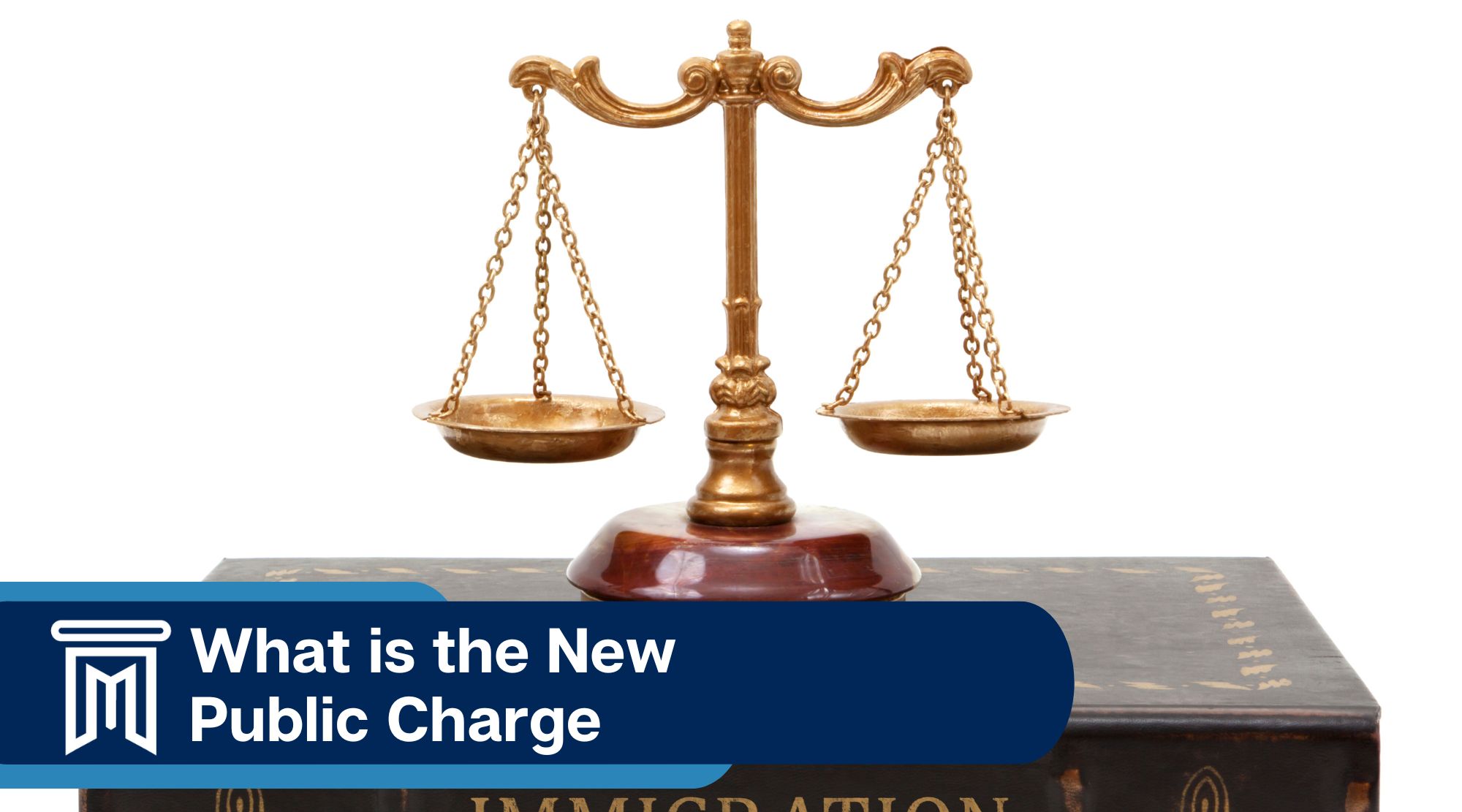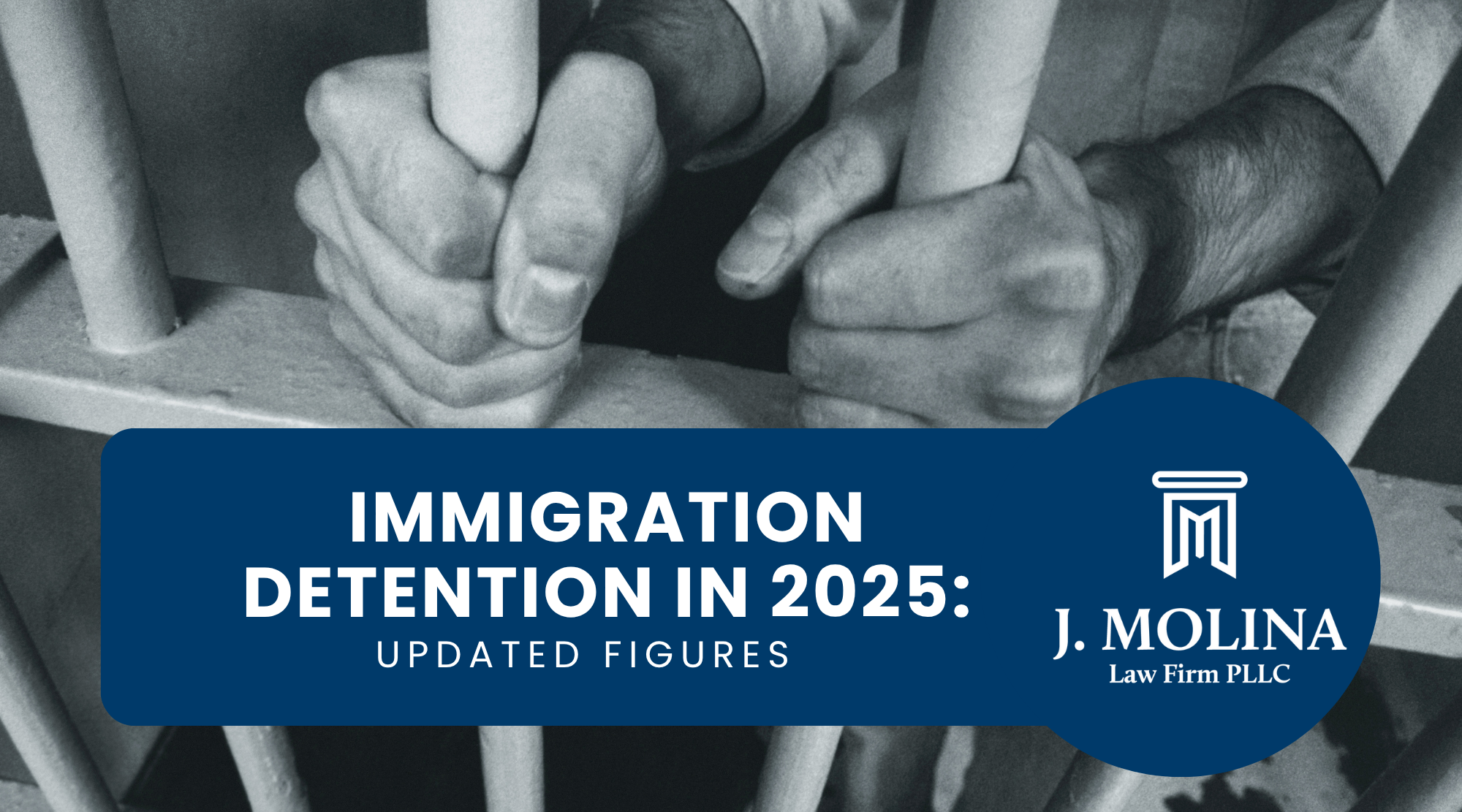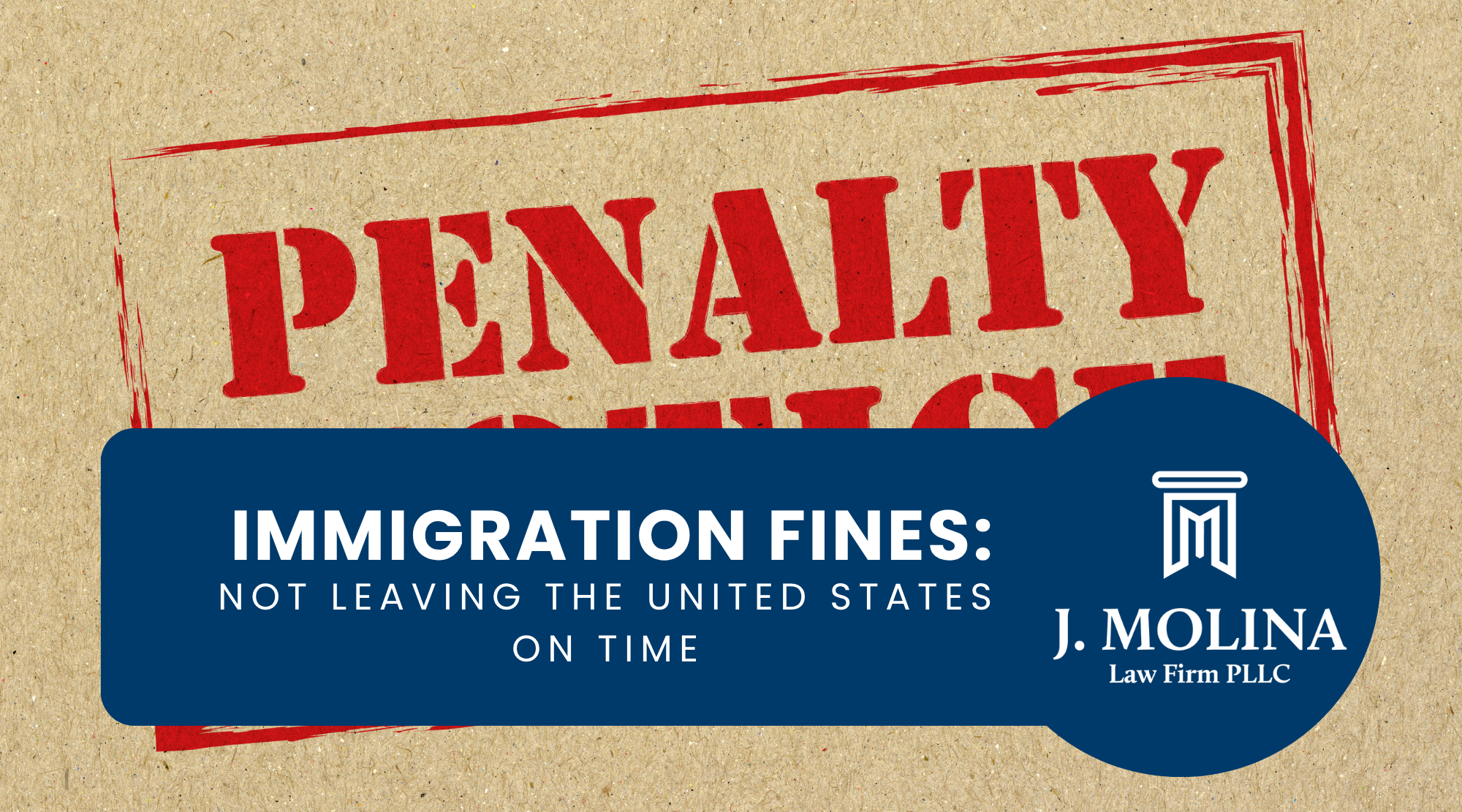The U.S. Government determines that someone is a “public charge” if they are mainly dependent on the government for survival. In September 2022, a proposal for the public charge rule was completed. “Public charge” is now defined as being “primarily dependent on the government for subsistence.”
The following is a non-exhaustive list of benefits that could make someone a public charge:
- Supplemental Security Income (SSI)
- Assistance from welfare
- State or local cash assistance
- If any government program pays for long-term care in an institution, like a nursing home or a mental health center.
The Adjustment of Status form has been changed to collect new information that will help figure out if someone is a “public charge.” The new Form I-485 asks about your income, assets, and debts. Things like mortgages, car loans, student loans, and business loans are all types of debt that you will need to report. Also, you must tell the government what your highest level of education is, what professional certifications you have, and what job skills you have. This helps the government figure out if you are likely to be working and in what field. Lastly, you will be questioned if you have ever been detained by the U.S. government.
The instructions for form I-485 suggest that you do not need to provide evidence of your assets or debts, but USCIS is allowed to ask for proof to support your statements. If you have questions about the new standard regarding the public charge rule, consult a qualified immigration attorney.



